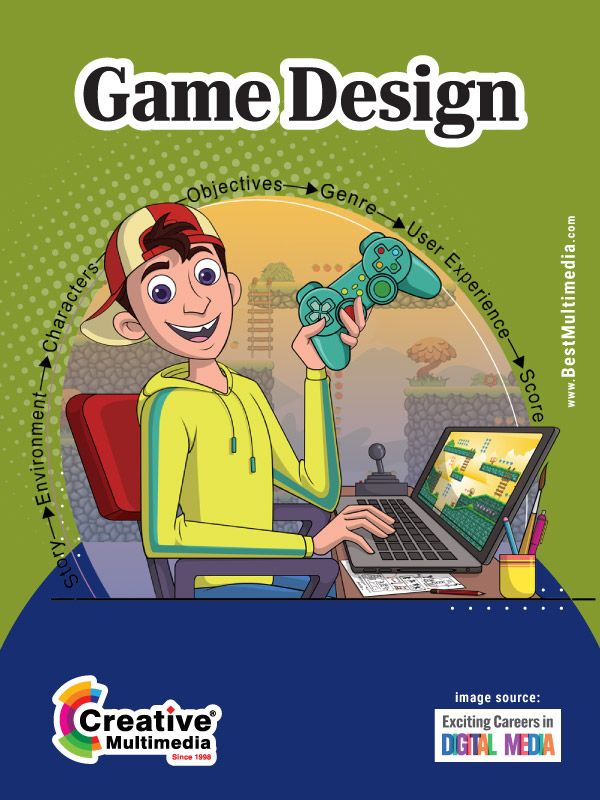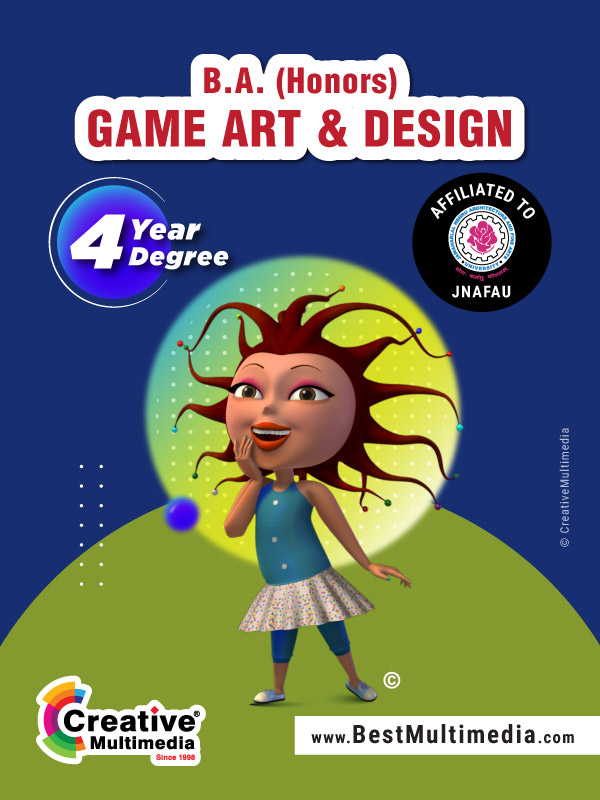What is Game Design?
What is the career preparation required for pursuing a career in gaming and do the top gaming colleges in India offer degree courses in gaming?
Game design is the process of creating interactive experiences with predefined rules, mechanics, and structures to engage and entertain players. These interactive and entertaining experiences are created by professional game designers.
Game designers use their imaginative minds to propel video game concepts and worlds from their inception through development to the final release. These creative professionals shape the genre, environment, gameplay systems, objectives, storyline, plot points, character development, and user experience. Working collaboratively with diverse teams, both creative and technical, game designers communicate their requirements to ensure the timely and budgeted realization of the original creative vision for the game’s grand release.

Qualifications and Skills
- Creativity, design proficiency, and meticulous attention to detail
- Strong analytical mindset and comprehension of the production process
- Proficiency in coding and programming with good technical knowledge
- Familiarity with the software and systems that bring games to life
- Skill in harmonizing storytelling and game mechanics
- Understanding of game dynamics | Degree in multimedia (Gaming specialization)

Skill Development: Aspiring video game designers typically need a diploma in gaming or bachelor’s degree in fields such as Programming, Graphic Design, Multimedia, Scriptwriting, or Game Design. Obtaining a masters in game design is also beneficial. Additionally, hands-on learning through creating small indie games, seeking feedback from mentors, and refining and releasing projects can provide valuable insights into player responses in the market.
Job Acquisition: Building a portfolio by exploring entry-level roles or internships as a graphic designer, animator, software developer, or scriptwriter can pave the way for a breakthrough as a game designer. Identifying and pursuing relevant opportunities, as well as securing a junior game designer role directly after college, are viable paths.
Career Progression: Typical career paths include starting in entry-level roles across various domains in Game Development, progressing to a Junior Designer role, and eventually reaching the position of Lead Game Designer.

